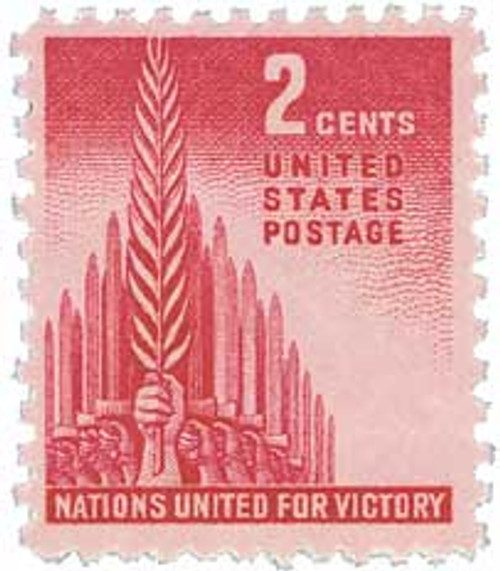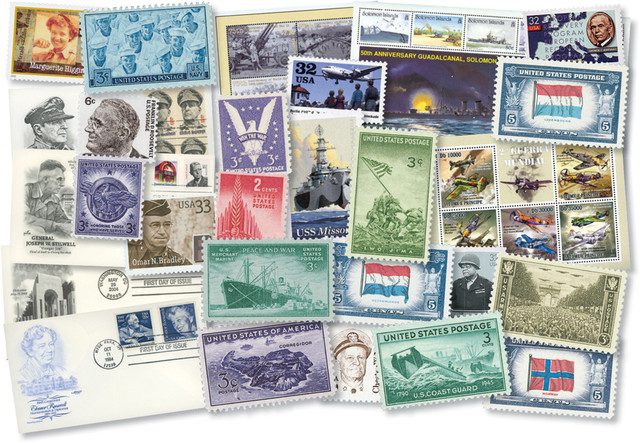On June 4, 1940, over 338,000 Allied troops were evacuated from the beaches of Dunkirk after being cut off and surrounded there for weeks.
After Germany invaded Poland in September 1939, the United Kingdom sent the British Expeditionary Force to help defend France. There they fought alongside the Belgian Army and the French First, Seventh, and Ninth Armies.
On May 10, 1940, Germany invaded Belgium and the Netherlands as part of the Manstein Plan to invade France. While one part of the German force attacked Belgium, another drove toward the English Channel. As the Germans closed in on the Allies, their governments began planning what to do next. Upon discovering that the French didn’t have any troops stationed between the Germans and the sea, they realized that the best option would be to evacuate them across the English Channel. This meant they would need to start withdrawing to Dunkirk because it was the closest spot with good ports and the longest sand beach in Europe.
The British began planning the evacuation, known as Operation Dynamo, on May 20. That same day, they sent a commander to Dunkirk to start evacuating some of the men. Low on food and water, the troops at Dunkirk were desperate to leave, and many officers that were ordered to stay behind snuck onto the boats.
By May 24, the Germans captured the port of Boulogne and surrounded Calais and just one British battalion stood between them and Dunkirk. That same day, the German Fourth Army commander issued a halt order for the panzer units, as he worried they would get stuck in the marshes around Dunkirk. Hitler supported the order, which many consider to be one of the greatest German mistakes of the war. With the German advance halted, the Allies had time to build up defenses and finish preparing for the evacuation. On May 26, Hitler ordered the panzers to advance, but several units waited an additional 16 hours before they started their attack.
Just before 7 p.m. on May 26, Winston Churchill gave the order for Operation Dynamo to begin (28 men had already been evacuated in the days before). On that first day, 7,669 men were evacuated. The next day, one cruiser, eight destroyers, and 26 other craft arrived to aid in the first full day of evacuations. Naval officers searched nearby boatyards to find smaller boats that could transport the men from the beach to the larger ships. They also put out a request for more boats, and by May 31 another 400 small boats arrived to aid in the evacuation.
Throughout the early days of the evacuation, the German Luftwaffe bombed the town and docks. These knocked out the water supply and claimed 1,000 civilian lives. The Luftwaffe’s orders had been sent out without being coded, so the British knew of the attack and sent in the Royal Air Force to fight back. Meanwhile, in other areas, pockets of French and Belgian troops were surrounded and forced to surrender as they ran out of food, water, and ammunition.
The evacuations continued for several days, until June 4, when the last of the 338,226 soldiers were evacuated. During the course of the battle, over 61,000 Allied troops were killed or wounded and 35,000 were captured. The same day the evacuation ended, Winston Churchill addressed the House of Commons. In his famed speech, he said, “We shall go on to the end. We shall fight in France, we shall fight on the seas and oceans, we shall fight with growing confidence and growing strength in the air, we shall defend our island, whatever the cost may be. We shall fight on the beaches, we shall fight on the landing grounds, we shall fight in the fields and in the streets, we shall fight in the hills; we shall never surrender.”
Click here for a short video about the evacuation.
Click here for lots more WWII stamps.
Click here to see what else happened on This Day in History.






Brilliant.
Many Canadian soldiers were evacuated with the British troops. Only weeks before they had been safe back in Canada,going to school or working at a grocery store or gas station. I wonder what they thought they had gotten themselves into.
Excellent! The “Miracle of Dunkirk†is one of the topics covered by Erik Larson in his outstanding new book, THE SPLENDID AND THE VILE, which deals with Churchill’s first year as prime minister.
Wouldn’t it be great to have a leader like that in the U.S. in these difficult days?
We got one – President Joe Biden
Good point in 2024, but in 2020, we had a lying incompetent who was soon to be defeated for re-election.
You must be deaf, dumb and blind.
Great story, but June 4, 1942 was far more important to the war. The Battle of Midway started and it had far more ramifications for the Allied war effort. The defeat of the Japanese Fleet with the sinking of 4 of their top Fleet Carriers meant the Japanese were on the defensive for much of the war after that. It also kept the Japanese from having a base in which it could harass the Hawaiian Islands and U.S. shipping going west. It would have made the Island Hopping strategy used by the U.S. nearly impossible.
What on earth does Midway have to do with this topic? Britain and Canada tried to help hold back the Nazis for years before the USA was even involved in Europe?
It is also SOMETHING THAT HAD SIGNIFICANCE on this day. I was not down playing Dunkirk. I really am tired though of those that said the Brits and their Empire were holding back the Germans from 1940 to late 1941 because they were trying to hold onto their Empire that held countries in Africa and Asia in bondage to Britain. It was self preservation and not to help the U.S. Germany DID NOT attack the U.S. nor did they after they actually declared war on the U.S. there were a couple of incidents in the North Atlantic in 1940 and 1941 BUT we were transporting goods and weapons to Britain although we were SUPPOSED to be neutral. Churchill always had it in the back of his mind to get the U.S. in the war with Germany in 1940. He would defend the British Empire to the last American Soldier.
Kenneth, you miss something of great importance. Churchill made it very clear to Roosevelt that if the Germans actually invaded and occupied Britain, the British would transfer the entire British fleet to Canada, evacuate the royal family and the leadership and continue the war. From that base in North America, the British and Canadians would continue the war against Nazi Germany indefinitely. The only way that the Germans could resist that would be by taking the war across the Atlantic to the very doorstep of the U.S. As far as the British fighting for self preservation and to preserve their empire, of course they were. All countries fight for self preservation and to preserve what they have, including the United States.
Great history lesson. Winston Churchill provided wise and stable leadership in a time of crisis that his nation could rally around.
Please reread your your first original sentence. The subject was Dunkirk…not Midway.The USA and its companies..Ford,Coca Cola and many others were doing a lucrative business with Germany. The fight for freedom was an effort by many nations.
If Britain was invaded and all went to Canada, Germany did not have the naval assets to invade Canada or the North American Continent. Their supply lines would be far stretched. Hitler did not believe in a strong Navy, yes, the U-Boat offensive almost won the Battle of the Atlantic but the US stopped that quickly.
Germany had developed V-1 rockets (‘buzz bombs”) and V-2 rockets (ballistic missiles). If Britain had been defeated and occupied, no bombing of Germany by allied planes based in Britain, no D-Day invasion of Nazi occupied France and the eventual defeat of Germany. How far would the German rocket program have gone? Germany had to be defeated and American aid to that end was essential.